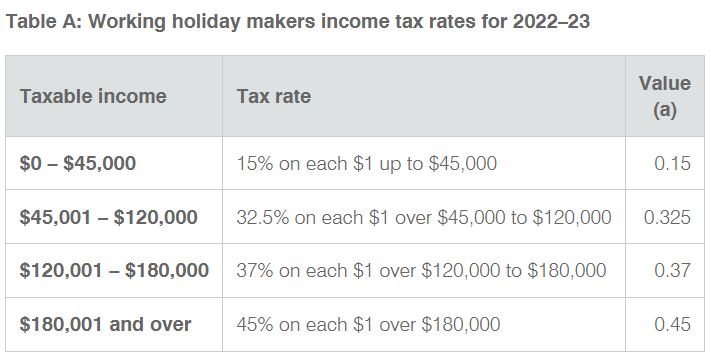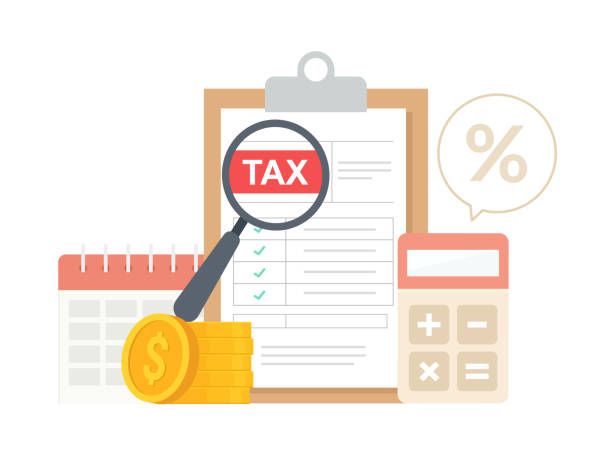By Breanna Bell
•
June 18, 2025
Deductions You Can Claim: Clothing and Laundry Expenses To claim a deduction for any work-related expense: - It must directly relate to earning your income - You must have spent the money yourself, and not have been reimbursed by your employer - You must have a record or receipt to prove it If your total claim for work-related expenses is more than $300, you must have written evidence to prove all of your claims. Clothing and laundry expenses have special rules in terms of their deductibility. You cannot claim a deduction for the cost of buying, hiring, repairing or cleaning conventional clothing you buy to wear for work. For example, black work pants purchased from Target etc. However, you can claim a deduction for the cost of buying, hiring, repairing or cleaning work clothing that fits into any of these categories: - Occupation Specific - Protective - Compulsory Uniforms - Non-compulsory Uniforms (registered with AusIndustry) Conventional Clothing According to the ATO, ‘Conventional clothing ‘is everyday clothing worn by people regardless of their occupation. If the clothing could reasonably be worn outside of work and is not distinctive, it is not tax deductible, even if it is compulsory by your employer or only worn at work. For example: - business attire worn by office workers - jeans or drill shirts worn by tradesman Occupation Specific Occupation-specific clothing is attire that is necessary for certain jobs and distinctively identifies you as a person associated with that particular occupation. This type of clothing is tax deductible as long as it cannot be worn by multiple professions. For example: - Chef’s hat and apron - Pilot or flight attendant uniforms - Nurse scrubs Note that some items that are occupation specific, may also be considered compulsory uniforms. Protective Protective clothing includes items that you wear to protect you from any risk of illness or injury from your work activities or environment. This type of clothing must have a protective element to be considered protective rather than a conventional item. Protective clothing items are tax deductible. For example: - Construction workwear (high-vis vests, hard hats, work boots) - Medical personal protective equipment (PPE) - Fire resistant or UPF sun protection clothing - Any safety shoes or boots that may be steel-toed or non-slip. Compulsory Uniforms Compulsory uniforms are items that your employer makes compulsory to wear the uniform through a strictly enforced workplace agreement or policy. The uniform must be sufficiently distinctive to your particular organisation so it can be identified by anyone outside of the organisation. While many uniforms feature a logo, its presence does not determine whether the uniform is compulsory, as long as it meets the specified requirements. Compulsory uniforms are tax deductible. For example: - Police or firefighter uniforms - Fast food or restaurant uniforms - Military uniforms However, shoes, socks and stockings are generally not deductible unless they can be differentiated by conventional clothing by: - Being an essential part of a distinctive compulsory uniform - the characteristics (colour, style and type) are a distinctive part of your uniform that your employer specifies in the uniform policy Non-Compulsory Uniform Non-compulsory work uniforms are not tax deductible unless your employer has registered the design with AusIndustry. Single clothing items, however, cannot be registered. You can check with your employer if you are not sure whether your uniform is registered. Laundry, Cleaning and Repairs You can claim a deduction for the cost of cleaning and repairing items in these categories: - Occupation-specific - Protective - Compulsory - Non-compulsory clothing items registered with AusIndustry You may claim these expenses using the following provided by the ATO: - $1 per load if it contains only work-related clothing items - 50c per load if you’re washing work clothes with other items If you require dry cleaning or another specialist service for your work-related clothing, you can claim the actual expenses. However, you must have written evidence. If your laundry claim is $150 or less (not including dry-cleaning expenses), you can claim the expense and don’t need receipts. However, you can’t claim a deduction if your employer reimburses you for these expenses. Some tips: - If you are unsure whether you can claim a deduction for the cost of an item, keep all your receipts and records for your accountant to assess and advise you of the deductibility of the item. - Is your total claim for work-related expenses more than $300? You must provide written evidence for your other work-related expenses. This includes the $150 laundry claim that you would otherwise be able to claim without receipts. - Visit the ATO website using the following link for more information: Clothes and items you wear at work | Australian Taxation Office







